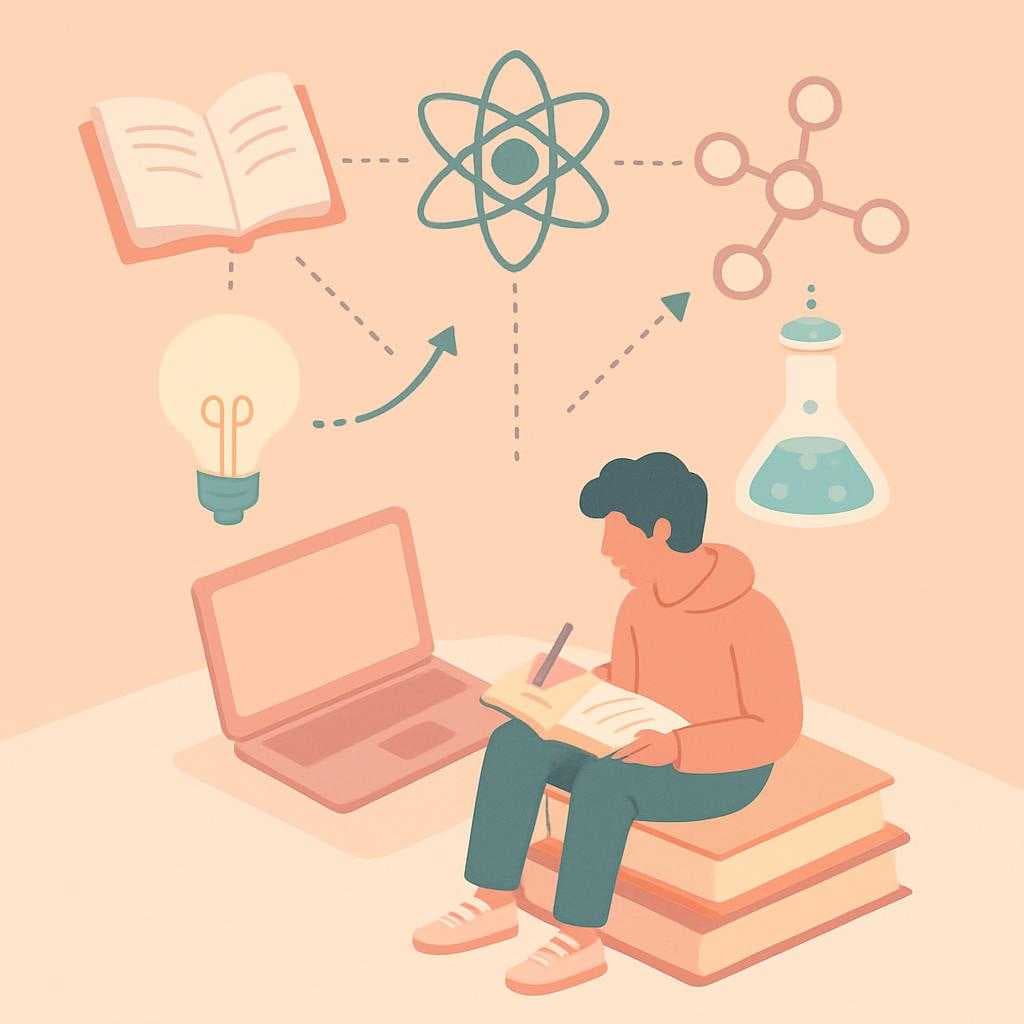A-Level Single Science: Harnessing the Power of Conceptual Interconnections for Exam Success
Summary: Unlock the secrets of interconnecting scientific concepts for A-Level Single Science success. Discover how understanding these links can help you excel in exams from AQA, OCR, and Edexcel.
Studying A-Level Single Science can be a challenging yet rewarding experience. As students in the UK prepare for exams under various boards like AQA, OCR, and Edexcel, understanding how to connect different scientific concepts can be a game-changer. This approach not only aids in retaining information but also enhances problem-solving abilities, crucial for tackling complex exam questions.
Understanding Conceptual Interconnections
Conceptual interconnections refer to the ability to link different ideas, theories, and principles across various scientific topics. For instance, understanding the relationship between chemical reactions and energy changes can provide deeper insights into both chemistry and physics. This interconnected knowledge is vital when facing the synoptic questions often found in A-Level exams, which require students to draw on multiple areas of their syllabus.
Why Focus on Interconnections?
-
Enhances Memory Retention: By linking concepts, students can create a mental map that aids in memory recall. This is particularly beneficial for exams where recalling specific details is essential.
-
Improves Problem-Solving Skills: Many A-Level exam questions, especially those from OCR and Edexcel, are designed to test students' ability to apply knowledge in unfamiliar contexts. Understanding how different concepts interrelate can provide the tools needed to approach these questions effectively.
-
Prepares for Synoptic Assessments: Synoptic questions, prevalent in AQA exams, require a holistic understanding of the subject. By mastering conceptual interconnections, students can better synthesize information across topics to construct comprehensive answers.
Strategies to Develop Conceptual Interconnections
-
Mind Mapping: Create mind maps that visually link different concepts. This technique can help organize thoughts and highlight the connections between topics.
-
Interdisciplinary Study: Engage with resources that integrate multiple scientific disciplines. This can provide a broader perspective and reveal how concepts overlap across chemistry, biology, and physics.
-
Discussion Groups: Join study groups to discuss and explore how various topics interconnect. Explaining these connections to peers can reinforce your understanding and uncover new insights.
Conclusion
Mastering the art of conceptual interconnections can significantly boost your performance in A-Level Single Science exams. Whether you're sitting for AQA, OCR, or Edexcel, focusing on how scientific ideas are interrelated will enhance your analytical skills and confidence. By embracing this approach, you'll be well-equipped to tackle the challenges of A-Level exams and achieve your academic goals.
